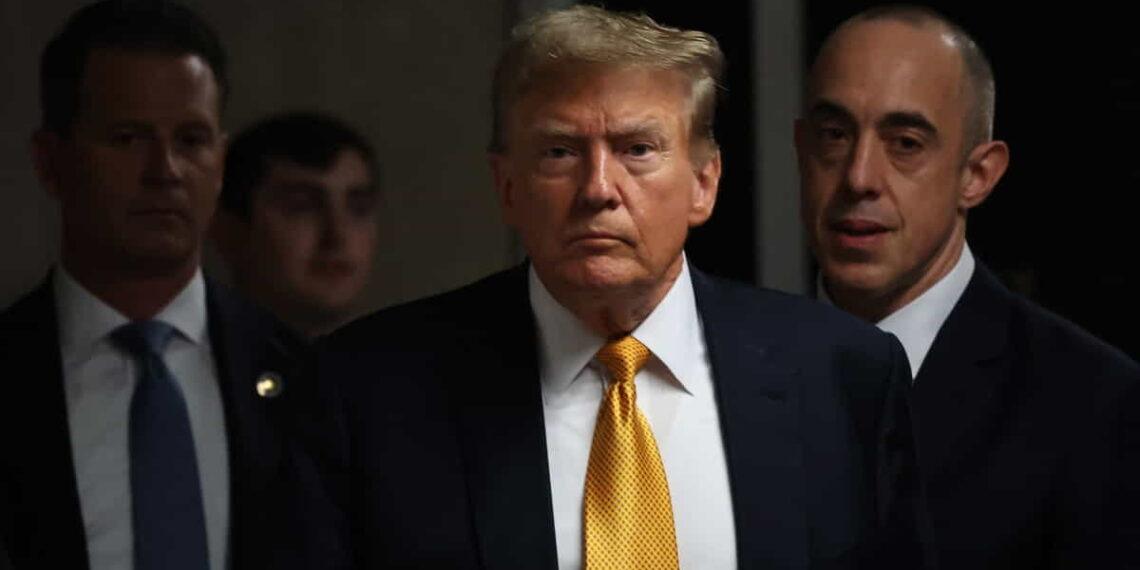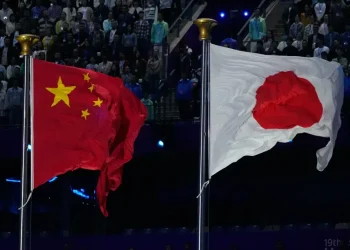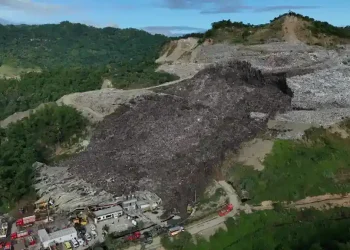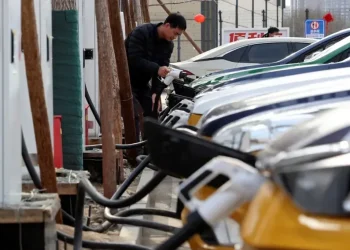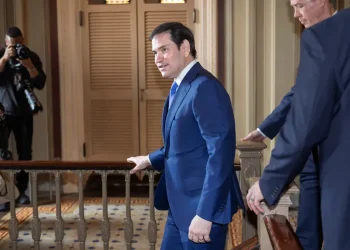Supreme Court Clears Path for Trump Sentencing in New York Hush Money Case
In a significant ruling on Thursday, the Supreme Court rejected President-elect Donald Trump’s emergency request to delay his sentencing in the New York hush money case, setting the stage for sentencing on Friday. The 5-4 decision ensures the proceeding will take place just days before Trump is inaugurated for his second term on January 20.
Split Decision by the Supreme Court
The court’s conservative bloc was divided. Justices Clarence Thomas, Samuel Alito, Neil Gorsuch, and Brett Kavanaugh supported Trump’s request for a delay. However, Chief Justice John Roberts and Justice Amy Coney Barrett joined the three liberal justices to deny it.
In a brief statement, the court noted that Trump’s concerns about the impact of the sentencing could be addressed later through the appeals process. The court also stated that the burden on Trump’s responsibilities as President-elect was “relatively insubstantial,” given that no penalties or prison time are expected.
Sentencing Details
Judge Juan Merchan, who presided over Trump’s trial, scheduled the sentencing for Friday at 9:30 a.m. Trump will appear virtually from Mar-a-Lago, according to a source familiar with the plans.
Although Trump was convicted in May of falsifying business records related to payments to his former attorney Michael Cohen, who reimbursed a $130,000 payment to adult-film star Stormy Daniels, Merchan has indicated that no penalties will be imposed.
Trump’s Legal Argument
Trump’s lawyers argued that the sentencing interferes with his transition to power and poses potential national security risks. They cited the Supreme Court’s July decision granting former presidents broad immunity for official actions, claiming that evidence presented during his trial violated this ruling.
Manhattan District Attorney Alvin Bragg countered that these concerns could be addressed during the appeals process, emphasizing the public interest in proceeding with sentencing.
Case Background
Trump was convicted of falsifying business records over hush money payments made to prevent Daniels from speaking out about an alleged affair before the 2016 election. (Trump has denied the affair.)
In December, Judge Merchan rejected Trump’s argument that the case involved protected official actions from his presidency, ruling that the evidence was unrelated to his official conduct.
Supreme Court Jurisdiction and Ethical Concerns
The Supreme Court rarely intervenes in state criminal cases before state appeals are exhausted. Bragg argued that the court lacked jurisdiction to consider Trump’s emergency request, which he described as unsupported and without merit.
Meanwhile, controversy erupted after reports of a phone call between Justice Samuel Alito and Trump just days before the appeal was filed. Congressional Democrats, including Rep. Jamie Raskin, called for Alito to recuse himself, citing potential ethical conflicts.
Alito defended the call, stating that no matters related to the sentencing or Supreme Court decisions were discussed.
Looking Ahead
As the nation watches this unprecedented moment, Trump’s legal team is preparing for an appeal of his conviction while continuing to claim the case raises concerns of “great national importance.”
The Friday sentencing is expected to last less than an hour, with Trump participating virtually. Despite the legal and political drama, Judge Merchan has signaled that the hearing will conclude without imposing penalties.
This article was rewritten by JournosNews.com based on verified reporting from trusted sources. The content has been independently reviewed, fact-checked, and edited for accuracy, neutrality, tone, and global readability in accordance with Google News and AdSense standards.
All opinions, quotes, or statements from contributors, experts, or sourced organizations do not necessarily reflect the views of JournosNews.com. JournosNews.com maintains full editorial independence from any external funders, sponsors, or organizations.
Stay informed with JournosNews.com — your trusted source for verified global reporting and in-depth analysis. Follow us on Google News, BlueSky, and X for real-time updates.
